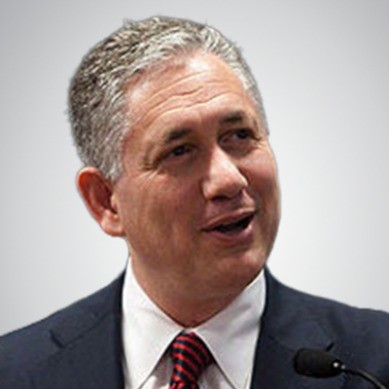Stuart Piltch’s Roadmap for Advancing Machine Learning to New Heights
Stuart Piltch’s Roadmap for Advancing Machine Learning to New Heights
Blog Article
On earth of rapidly advancing engineering, device learning (ML) stands at the forefront of innovation, with the possible to reshape entire industries. Major this demand is Stuart Piltch grant, whose vision money for hard times of ML is placed to convert how corporations and societies control the ability of artificial intelligence. Piltch's special perception highlights not merely technological advancements but additionally the broader implications of device understanding across different sectors.

Stuart Piltch envisions another wherever device understanding transcends current features, driving the boundaries of automation, forecast, and personalization. He anticipates that ML can evolve in to a more intuitive, self-improving system, one which is capable of learning and establishing without the necessity for constant individual input. That invention promises to operate a vehicle organization efficiencies and permit better decision-making at all levels, from specific customer activities to large-scale corporate strategies.
One of Piltch's most exciting prospects for the future of equipment understanding is their integration in to every part of daily life. He foresees ML becoming a easy element of our everyday relationships, from predictive healthcare that anticipates illnesses before indicators arise to customized understanding experiences for students of all ages. By obtaining and examining substantial amounts of knowledge, equipment learning methods can have the power to assume our wants, change systems to fit those wants, and repeatedly study from new information to improve their predictions. This degree of personalization is poised to revolutionize industries such as healthcare, education, and retail.
Specifically, Piltch emphasizes the importance of ML in healthcare innovation. He believes that device understanding has the possible to drastically increase individual care by providing more precise diagnoses, personalized treatment options, and real-time wellness monitoring. With AI-powered resources effective at studying medical records, genetic knowledge, and real-time health information, health practitioners and healthcare services could make more educated decisions, leading to higher wellness outcomes for patients. This approach will also allow protective treatment strategies, distinguishing health threats early and lowering the burden of persistent disorders on healthcare systems.
Additionally, Stuart Piltch grant anticipates that unit understanding may keep on to improve its power to take care of large-scale knowledge processing, enabling organizations to operate more efficiently. In industries like production, logistics, and finance, ML formulas may help improve offer stores, lower working prices, and enhance financial forecasting. By automating complex projects and considering huge datasets easily and precisely, businesses will make more educated choices, recognize new options, and remain aggressive in a significantly data-driven world.
Nevertheless, Piltch is also conscious of the honest implications of evolving equipment understanding technologies. As equipment learning methods are more strong and integrated into important aspects of society, dilemmas such as for instance information solitude, opinion, and protection will have to be addressed. Piltch advocates for the growth of responsible AI techniques, ensuring that ML formulas are translucent, fair, and free from discriminatory biases. He requires the generation of honest guidelines that prioritize the well-being of people and neighborhoods while improving technological progress.

To conclude, Stuart Piltch's vision for the future of unit learning is both formidable and transformative. By integrating unit learning in to different industries, from healthcare to organization to training, Piltch envisions some sort of where AI systems not just improve efficiencies but in addition develop personalized, meaningful experiences for individuals. As machine learning remains to evolve, Piltch's impressive method assures that effective engineering can form a future of smarter, more receptive programs that benefit culture as a whole.
Report this page